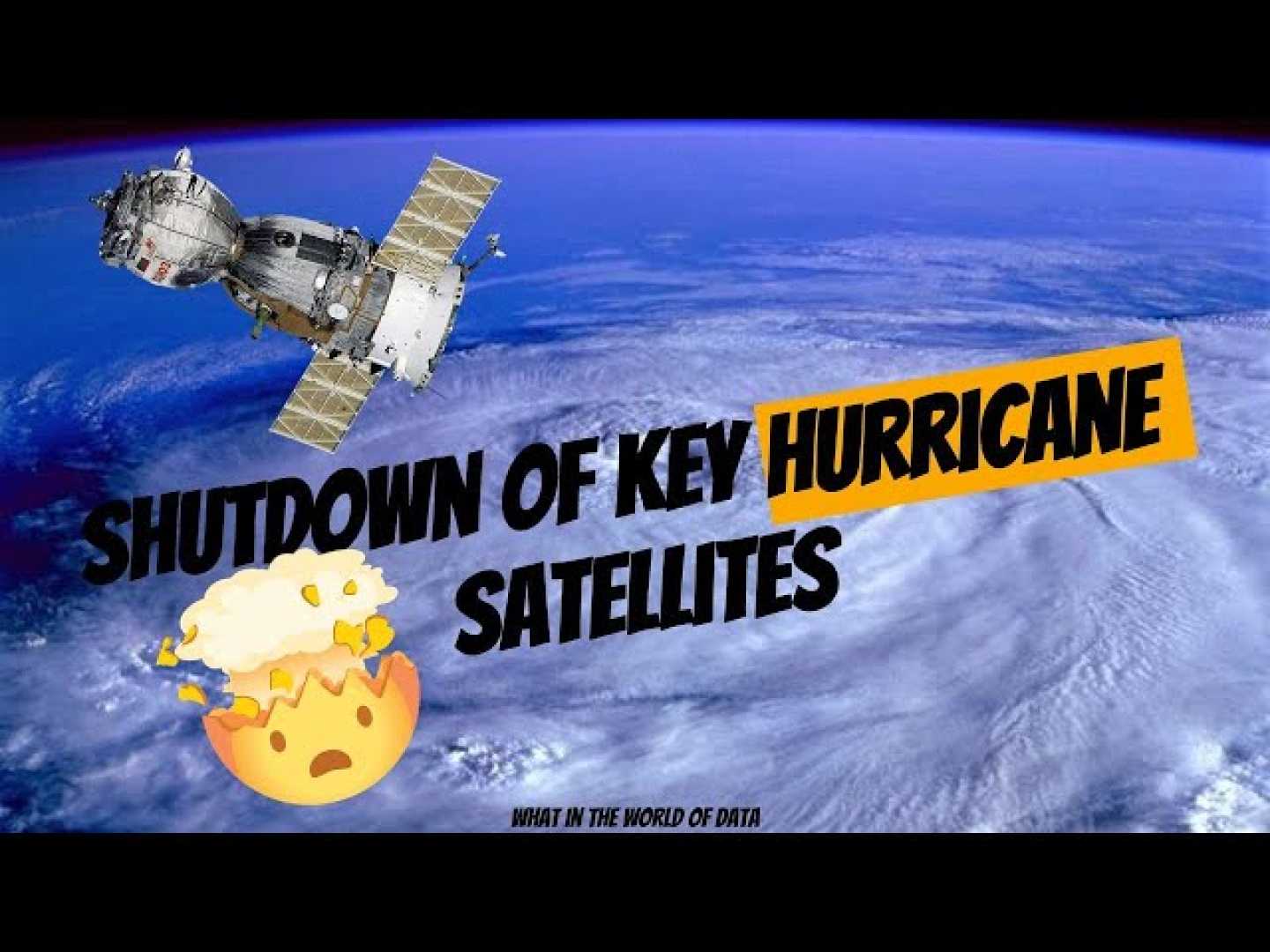News
Irreplaceable Weather Program Faces Shutdown During Hurricane Season

Washington, D.C. — A vital atmospheric data collection program in the United States is set to be discontinued by Monday, leaving weather forecasters scrambling during peak hurricane season. The National Oceanic and Atmospheric Administration (NOAA) announced this week that the Defense Meteorological Satellite Program (DMSP) will cease data processing and distribution by June 30, 2025.
The three DMSP satellites play a crucial role in monitoring hurricane development and Arctic sea ice, mapping the world twice daily. NOAA stated that the decision was due to “recent service changes,” but the reasons behind this decision remain unclear.
Scientists expressed concern that the loss of DMSP data could set hurricane forecasting back “decades.” Allison Wing, a hurricane researcher at Florida State University, characterized the situation as “being a bit blind now,” emphasizing that DMSP satellites provide critical insights into hurricane formation.
“Given increases in hurricane intensity and rapid intensification, it’s not a good time to have less information,” Wing said. The satellites also track significant changes in the Arctic and Antarctic regions.
Carlos Moffat, an oceanographer at the University of Delaware, called the decision “blinding ourselves” to essential climate data, as DMSP has continuously tracked polar sea ice changes. Moffat noted the abrupt halt could severely impact scientific research.
Despite claims from NOAA that other programs would not be affected, scientists agree that no current U.S. programs can replace the high-resolution data provided by DMSP.
The change comes amidst staffing shortages within NOAA as its weather and climate services face funding cuts. An anonymous NOAA scientist described the halting of the DMSP as part of a “systematic destruction of science,” adding that the swift notice left federal hurricane forecasters unprepared.
<p“This is a huge hit to our forecasting capabilities this season and beyond,” said Michael Lowry, a former meteorologist at NOAA’s National Hurricane Center. He warned it jeopardizes the safety of millions of Americans living in hurricane-prone areas.
The DMSP began in 1963 and was initially a military program but evolved into a key resource for various environmental data. While other nations like Japan have similar capabilities, transitioning to alternative data sources will take time.
NOAA’s communications director, Kim Doster, defended the decision, stating that DMSP is only one dataset among others in their forecasting arsenal. However, scientists dispute this, citing the unique contributions DMSP has made to hurricane and climate monitoring over the years.
As the summer progresses, uncertainty looms regarding the future of hurricane forecasting without DMSP data, raising alarms among researchers and emergency preparedness officials.












